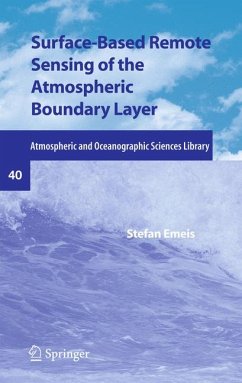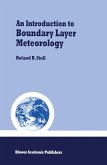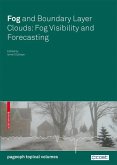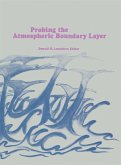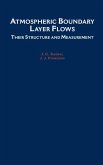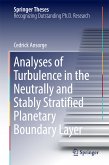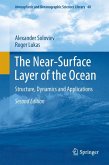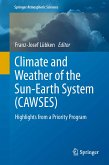Experimental ABL research has been made so far by surface-based in-situ experimentation (tower measurements up to a few hundred meters, surface energy balance measurements, short aircraft experiments, short experiments with tethered balloons, constant-level balloons, evaluation of radiosonde data). Surface flux measurements are also discussed in the book. Although the surface fluxes are one of the main driving factors for the daily variation of the ABL, an ABL description is only complete if its vertical structure is analyzed and determined. Satellite information is available covering large areas, but it has only limited temporal resolution and lacks sufficient vertical resolution. Therefore, surface-based remote sensing is a large challenge to enlarge the database for ABL studies, as it offers nearly continuous and vertically highly resolved information for specific sites of interest.
Considerable progress has been made in the recent years in studying of ground-based remote sensing of the ABL. The book discusses such new subjects as micro-rain radars and the use of ceilometers for ABL profiling, modern small wind lidars for wind energy applications, ABL flux profile measurements, RASS techniques, and mixing-layer height determination.
Dieser Download kann aus rechtlichen Gründen nur mit Rechnungsadresse in A, B, BG, CY, CZ, D, DK, EW, E, FIN, F, GR, HR, H, IRL, I, LT, L, LR, M, NL, PL, P, R, S, SLO, SK ausgeliefert werden.

